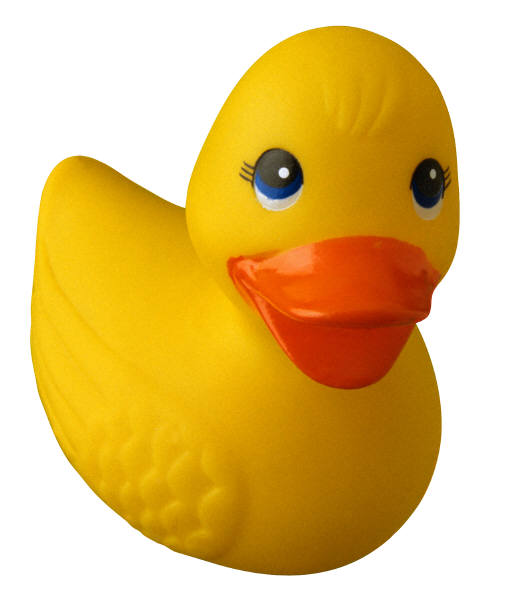 Judi’s questions about linking individual teacher evaluation to individual student achievement highlights a real conundrum in educational research and best practices. I almost have the sense that we are holding onto the baby and throwing out the bathwater without acknowledging the role the soapy bathwater played in getting the baby clean. In trying to tease out the particular interventions, instructional materials, or teacher practices that improve student learning, we have often neglected the cultural context surrounding both teacher and learner. In particular, we might attend more to the culture of collaboration in a school and how that allows teachers to locally adapt and sustain educational reforms.
Judi’s questions about linking individual teacher evaluation to individual student achievement highlights a real conundrum in educational research and best practices. I almost have the sense that we are holding onto the baby and throwing out the bathwater without acknowledging the role the soapy bathwater played in getting the baby clean. In trying to tease out the particular interventions, instructional materials, or teacher practices that improve student learning, we have often neglected the cultural context surrounding both teacher and learner. In particular, we might attend more to the culture of collaboration in a school and how that allows teachers to locally adapt and sustain educational reforms.
Contrary to the current focus on individual teachers and their impact on student learning, we recognize that complex problems like student achievement require complex solutions. They require diverse perspectives, knowledge, and skills. A team of teachers is more likely to offer the kinds of diversity needed to address the achievement gaps that continue to challenge our schools. How can administrators promote the collaborative culture needed to sustain such teamwork? One way is to provide time in the schedule for teams to meet. Principals can also make participation in collaborative teams a part of the expectation and evaluation of teachers. Another strategy might be to enlist the school librarian, whose professional training has included collaboration, as an important member of every team.
While we as a profession have championed collaboration and instructional partnerships, we seem to have failed to articulate our role in those partnerships and more importantly, our role in student achievement to our stakeholders. This clearly, as Melissa, referencing Elizabeth Burns, has suggested is a problem of advocacy. But perhaps it’s also a problem of articulating for ourselves what it is that we do, or offer to educational practice, that might be unique to libraries and librarianship. Is it our knowledge of diverse resources and how to identify, select and evaluate them? Is it a particular pedagogical or even a philosophical approach to learning needed to meet today’s technological and economic challenges? Is it the physical or virtual spaces we provide for exploration, access, and innovation? Are we an important gear turning the wheels of collaboration in a school? How does the school librarian support innovation in instructional practice? Let’s find out before we throw out the bathwater, or get thrown out with the bathwater.
Clip art from Microsoft.
